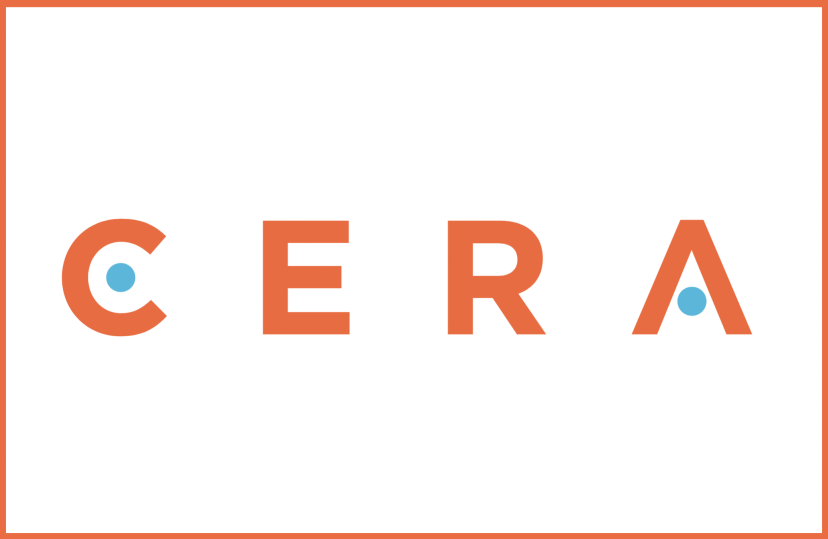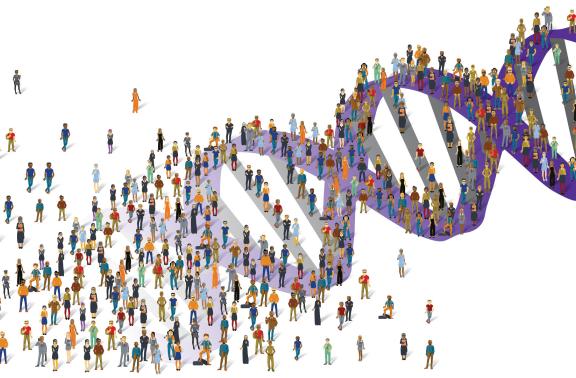
CERA Statement Against the Weaponization of Genetic Research
The shooting in Buffalo that resulted in the deaths of ten Black Americans is one of many in a series of tragedies that have resulted from systemic racism. We condemn white supremacy and the misuse of genetic research as justification for the violence against people of color. These tragic acts of terrorism not only impact the victims’ families, friends and communities but impact us all. We condemn the ongoing propagation of eugenic thinking and the weaponization of genetic research. The misrepresentation of genetic research findings to justify beliefs in racial hierarchy and who belongs in the US must not go unchallenged. Scholars, scientists, funders, policymakers, community advocates and others committed to investigating the ethical, legal and social implications of genomic research must recognize and address the racist use of genetic research.
To support this goal, we are collecting resources (articles, presentations, statements by professional organizations, etc.) on ELSIhub. We welcome your suggestions for additional resources and ask that you send these to [email protected].
Co-Directors, Center for ELSI Resources and Analysis (CERA)
Mildred Cho, PhD, Associate Director, Stanford Center for Biomedical Ethics, Stanford University ([email protected])
Sandra Soo-Jin Lee, PhD, Chief, Division of Ethics, Department of Medical Humanities and Ethics, Columbia University ([email protected])
Resources
The set of resources below includes public-facing materials by genetic scientists to explain, provide context for, and clarify the limitations of their findings in select studies; condemnations of the misuse and misrepresentation of genetic science; and scholarship discussing the potential for public misunderstanding of sociogenomics. We include a reading list that explores genetic essentialism in American culture, materials that draw connections to the pseudoscientific racism of the early 20th century American eugenics movement, webinars, a curriculum, and more. These resources offer calls for scientists to take an active role in fighting white supremacy, additional scrutiny of reasons for accessing genomic data repositories, and consideration of the collection of racial category data in biomedical research.
FAQs about social and behavioral human genetics studies
- FAQs on Human Genomic Studies (FoGS), repository of explanatory documents for social and behavioral genomic studies
- FoGS provides a public FAQ repository for social and behavioral genomic discoveries (from Nature Genetics)
- SSGAC FAQs about “Polygenic prediction within and between families from a 3-million-person GWAS of educational attainment”
Professional statements
- IBG Statement in Response to the Buffalo Shooting (statement from the Institute for Behavioral Genetics, University of Colorado Boulder)
- Statement of the Social Science Genetic Association Consortium (SSGAC) (on Twitter)
- ASHG Statement Regarding the Warping of Genetic Knowledge to Feed Racist Ideology
- American Society of Human Genetics (ASHG) Statement Regarding Concepts of “Good Genes” and Human Genetics
- ASHG Denounces Attempts to Link Genetics and Racial Supremacy
- The Bell Curve: Statement by the NIH-DOE Joint Working Group on the Ethical, Legal, and Social Implications of Human Genome Research
- Response by population geneticists to A Troublesome Inheritance by Nicholas Wade
- American Association of Biological Anthropologists (AABA) Statement on Race & Racism
- Association of Professors of Human and Medical Genetics (APHMG) (also see appended resource list and other APHMG Diversity, Equity, Inclusion and Justice Position Statements and Resources)
- PharmGKB's statement in response to the American Academy of Pediatrics' Statement "Eliminating Race-Based Medicine"
Media & scholarship
- ELSIhub Collection, Race, Genetics, and Genetics Education (curated reading list)
- Scientists Must Consider the Risk of Racist Misappropriation of Research (from Scientific American)
- Science Must Not Be Used To Foster White Supremacy (from Scientific American)
- The Intersectionality of Hate (from The Atlantic)
- Buffalo shooting ignites a debate over the role of genetics researchers in white supremacist ideology (from STAT)
- ‘It's a toxic place.' How the online world of white nationalists distorts population genetics (from Science)
- Quantifying and contextualizing the impact of bioRxiv preprints through automated social media audience segmentation (from PLOS Biology)
- Will the Alt-Right Promote a New Kind of Racist Genetics? (from The Atlantic)
- Using genetics for social science (from Nature Human Behaviour)
- The genes we're dealt (from Aeon)
- Getting genetic ancestry right for science and society (from Science)
- Genetic ancestry testing among white nationalists: From identity repair to citizen science (from Social Studies of Science)
- Race in epidemiology: new tools, old problems (from Annals of Epidemiology)
- Deconstructing Racism, Hierarchy, and Power in Medical Education
Guiding Principles on Inclusive Curriculum Design (from Academic Medicine) - An Anti-Racism Toolkit for the Genetics Educator (from Genetics in Medicine)
- The ‘ethic of knowledge’ and responsible science: Responses to genetically motivated racism (from Social Studies of Science)
Webinars
- Genomics, Human Behavior, and Social Outcomes (for journalists)
- Ensuring Equitable Use of New Genetic Technologies: Lessons from Eugenics
- Studying America’s Eugenics Era through an ELSI Lens: Data, Context, and Relevance
- Structural Racism and Genomics in the Time of COVID
- Addressing Racism in Research and Clinical Practice
- Aaron Panofsky – Citizen scientific racism: White nationalist appropriations of genetic research
Curricula
- SNAPSHOT, The Common Thread: DNA and Human Variation (short lesson for high school students by the Personal Genetics Education Project)
Briefings
- Hastings Center Bioethics Briefing: Genomics, Behavior, and Social Outcomes


